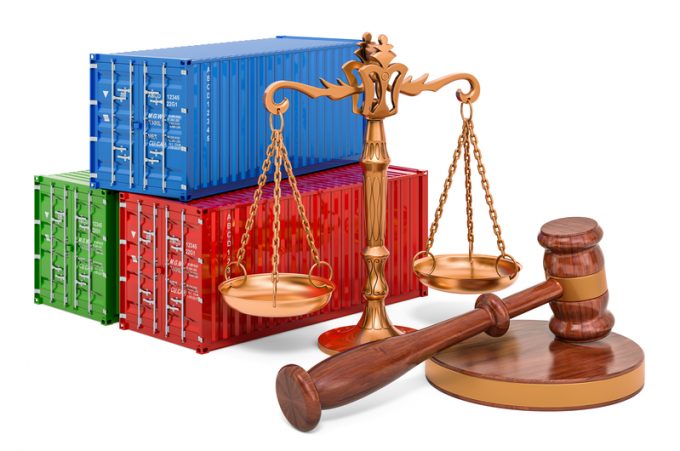Five keys to 'successful freight forwarding in an uncertain world'
There are five courses of action freight forwarders can take to “navigate an uncertain world”, ...

Fiata has severely criticised the major shipping lines, accusing them of abusing their dominant position in the market and distorting competition.
In a punchy discussion paper published yesterday, the forwarder association outlined several key requirements to ensure a more level playing field in the market.
It said: ...
CMA CGM South Korean staff strike over bonuses after bumper 2024 profit
MSC switches two more Asia-Europe port calls from congested Antwerp
Ports and supply chain operators weigh in on funding for CPB
Nightmare for Bangladeshi exporters as congestion and tariffs bite
Carriers introduce surcharges as congestion builds at African ports
Box ship overcapacity threat from carrier appetite for new tonnage
CMA airline returns two freighters, while ANA takeover of NCA looms
Tradelanes: Export boom in Indian sub-continent triggers rise in airfreight rates

Comment on this article